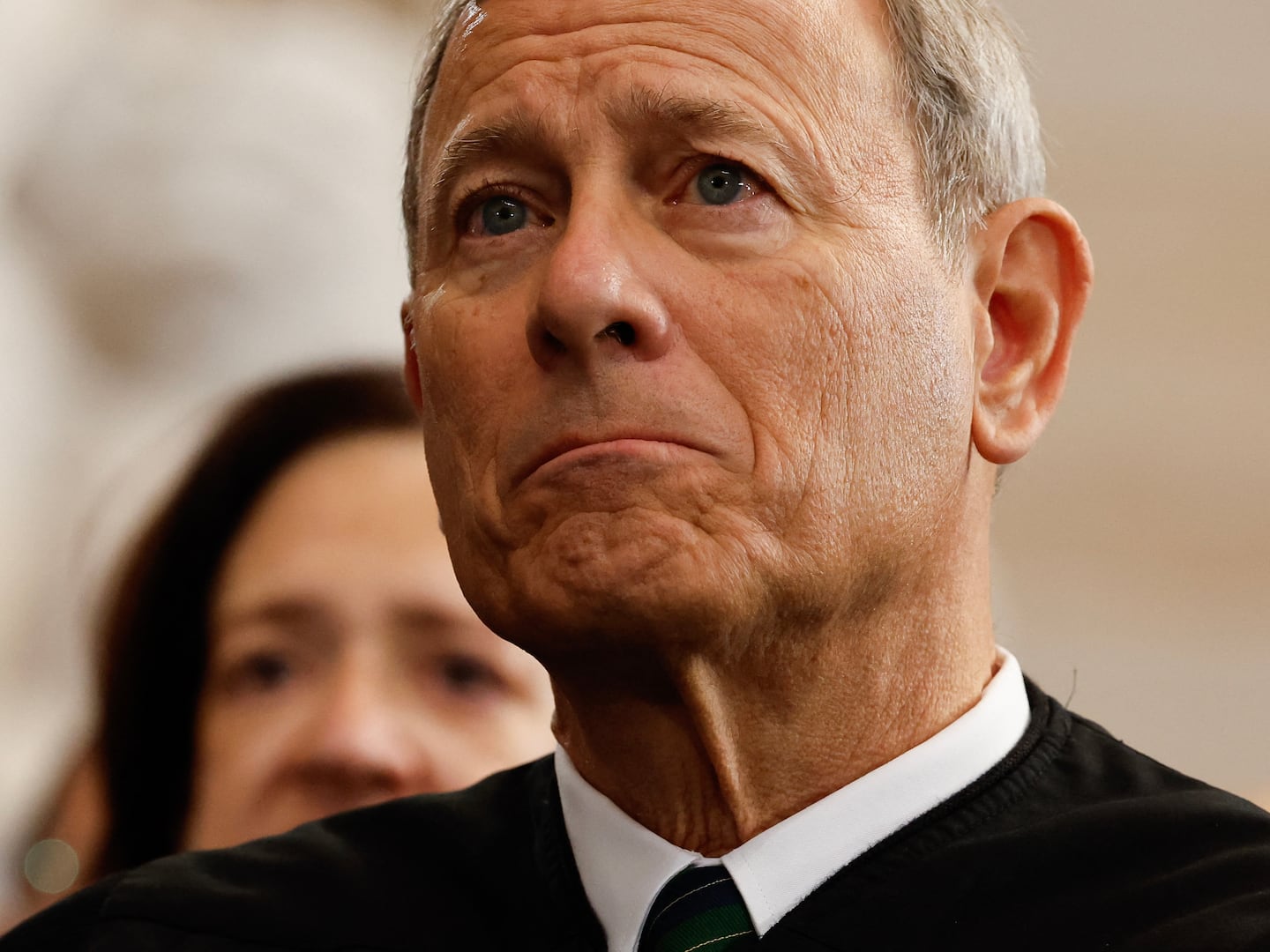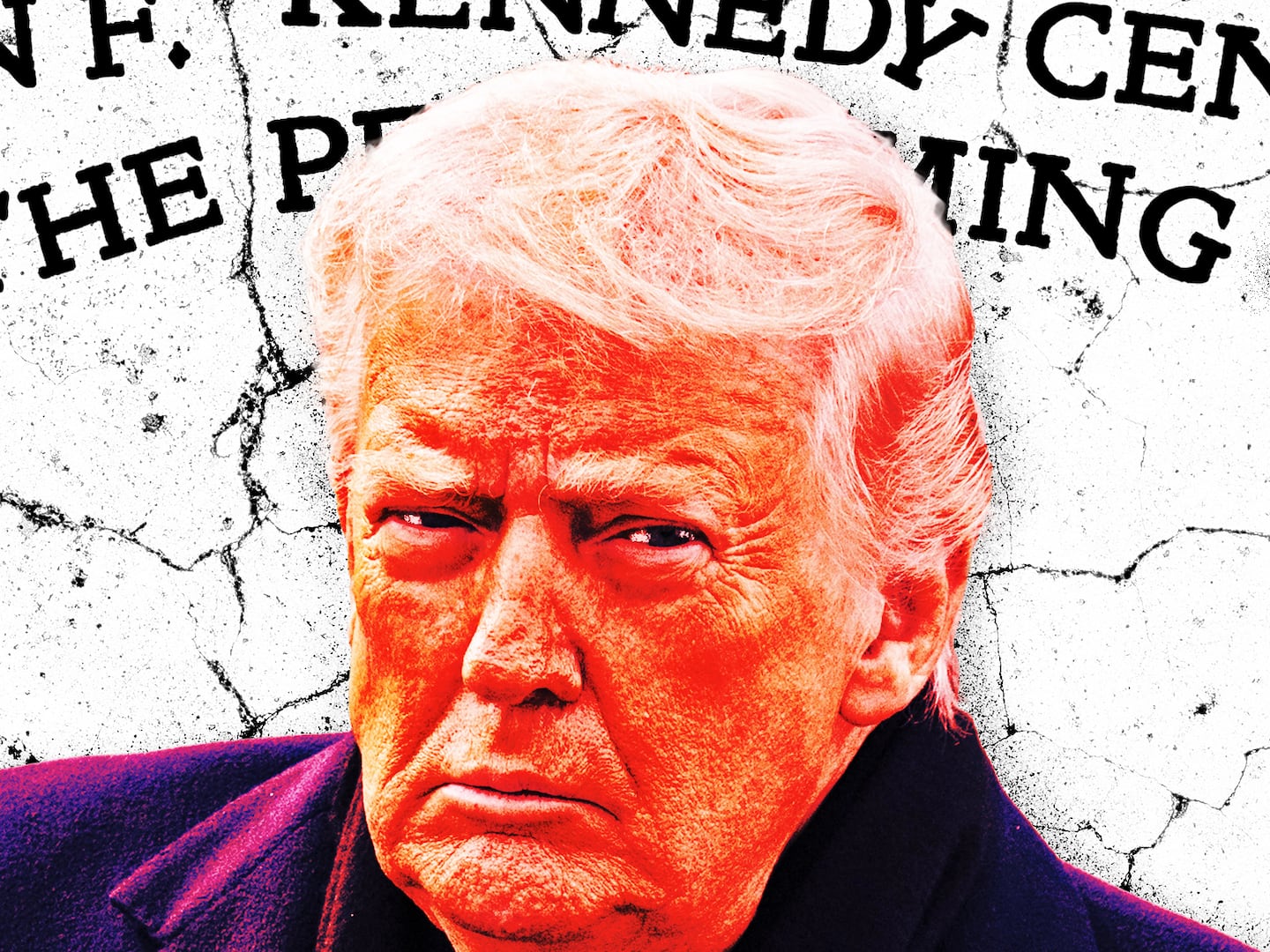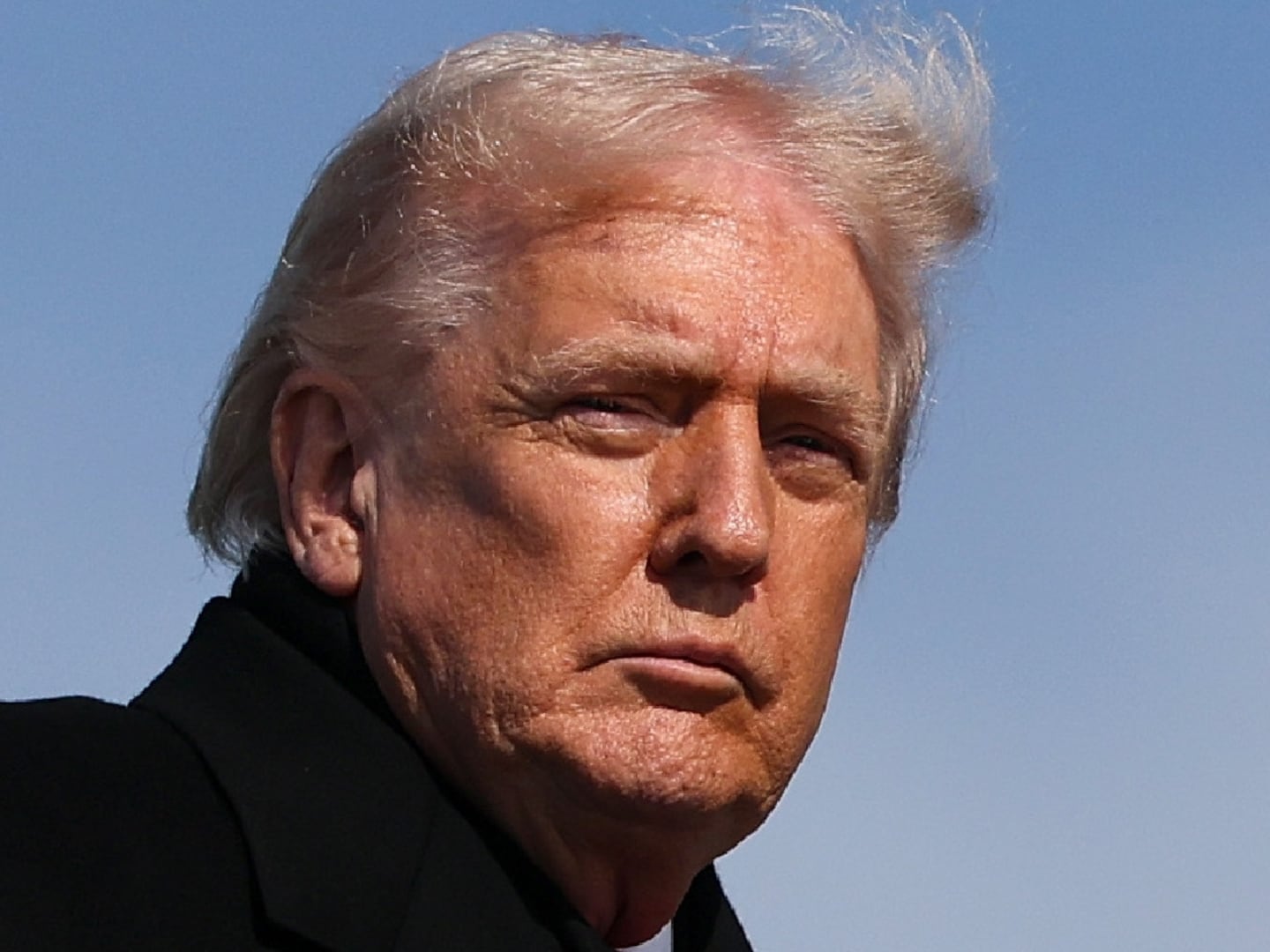Raise your hand if you have a favorite number.
Keep it raised if you believe this number to be your “lucky” number.
Now keep it up only if you think this number has a literal, meaningful, ongoing impact on your life.
Finally, if your hand is still up, ask yourself this: If you were running for president and wrote a campaign book, would you devote an entire chapter to this number, explaining how its frequent appearance in your life signals that you are meant to win and explaining that, though you are “not a devout numerologist,” this number clearly keeps popping up “more than coincidentally”?
If that hand is still raised, it probably means that you are Herman Cain. (Hi, Herman!)
As Cain enjoys his tour as the GOP’s Anyone-But-Mitt of the moment—and reaps the consequent saturation media—one can’t help but wonder when the candidate’s peculiar obsession with supernatural signs and signals is going to become a subject of interest.
In Chapter Nine of This Is Herman Cain—entitled “‘Forty-Five’—A Special Number,” Cain notes that his “conception, gestation, and birth all occurred within” the year 1945 (true of pretty much anyone born in the last three months of that year). He then launches into a detailed account of how “45 keeps on popping up as I go about the business of being elected—you guessed it—as the forty-fifth president of the United States of America.”
Meaningful signposts include events both past (in 1945, Reader’s Digest published a version of Friedrich von Hayek’s The Road to Serfdom, which Cain ran across last year and loved) and future (in 2013, the year the 45th president will take office, Cain and his wife will celebrate their 45th wedding anniversary.)

In some cases the digits 4 and 5 are only part of a figure, like the times when one of Cain’s weekly commentaries ran to 645 words or when the final leg of a campaign trip took place on Flight 1045 traveling at 45,000 feet. At times the 45 in question is only tangentially related to Cain, as when he cites a Las Vegas campaign event where he met a couple celebrating their 45th anniversary. And in one case, the key moment ultimately doesn’t have anything to do with 45 at all: at an early strategy meeting, Cain and two aides believed they were seated at table 45 in a restaurant, only to be told that there were only 43 tables total. Regardless, it all adds up to something big for Cain.
It’s not just the casual numerology. Cain sees divine messages everywhere: His father’s dying while Herman was attending his own farewell party at Pillsbury; Cain’s assistant going to church to pray for him before a debate and finding a prayer card with his name already written on it; and, of course, Cain’s battle with colon and liver cancer a few years back, the doctor named “Lord,” the hospital orientation staffer named “Grace,” the surgical incision shaped like a “J” for Jesus.
To be sure, many, many people look for mystical messages in the world around them. “Everybody is vulnerable to seeing signs,” says psychologist Jesse Bering, author of The Belief Instinct: The Psychology of Souls, Destiny, and the Meaning of Life “We’re especially susceptible to seeing them when there’s some sort of significant decision we need to make or in a life-or-death situation.”
Bering speculates that such a tendency is an “adaptive” trait that helped our evolutionary ancestors stay on the straight and narrow. “Basically, this gave us the idea that some figure was watching us and that we had to behave ourselves,” he says.
(As an interesting aside, Bering notes that, while the tendency to see signs in the natural world is by no means a symptom of psychiatric disorder, there is an interesting neurocognitive range to it: people with autism spectrum disorder have a hard time discerning such signs at all, while to paranoid schizophrenics “everything is a personal message.” Most of us fall gently between the two poles.)
Seeing signs from God is certainly nothing new for a person as steeped in Christianity as Cain. While his presidential selling point is as a no-nonsense businessman, the pizza mogul has plenty of street cred when it comes to religion. He is an associate minister at Atlanta’s Antioch Baptist Church North, and he talks and writes a great deal about God’s power in his life. He is a social conservative who begins every chapter in his book with a Bible verse.
Thus far, however, no one has seemed particularly interested in either Cain’s religiosity or his fascination with quasi-mysticism. And while that may be a welcome state of affairs for those who want religion out of politics, it’s an awfully unusual one in this race.
Remember how much criticism Rick Perry took for suggesting God had called him to run? The ridicule Michele Bachmann has endured for her religious views? Just imagine the abuse that would have been heaped on any other member of the GOP field who spent an entire chapter of his or her campaign book rhapsodizing about the mysterious power of the number 45. If Perry had written that, you can bet Team Romney would be paying people to show up at Rick’s rallies dressed like fortune tellers and waving Magic 8-Balls.
It’s possible Cain’s personal beliefs aren’t getting much scrutiny because he’s running on economic rather than social issues. Then again, in this race that’s true of pretty much every candidate (except perhaps Rick Santorum, for whom every issue is a social issue).
It’s certainly not as though Cain is a model of religious tolerance. The candidate has caused multiple firestorms with his inflammatory comments about Muslims both abroad and at home. Forget Perry pal Robert Jeffress’s disparaging take on Mormonism. In the course of this campaign, Cain has casually discussed denying Muslims their constitutional right to congregate for worship and vowed that there would be no Muslims to serve in his cabinet. (Confronted over such statements, Cain will often furiously backpedal.)
“It is really curious that, as much as religion has been discussed in this campaign, the political implications of the religious beliefs of Herman Cain have not been discussed,” says Michael Cromartie, director of evangelical studies at the Ethics and Public Policy Center in Washington, D.C.
Religion in politics expert John Green, head of the Ray C. Bliss Institute of Applied Politics at the University of Akron, suggests that Cain’s faith may be receiving less scrutiny from political watchers (especially in the media) because it is seen as less of a strategic advantage for him than for some of his opponents. “Cain is a National Baptist, a historically African-American denomination,” observes Green. “The members of such denominations tend to be strongly Democratic. So Cain’s capacity to mobilize this own religious tradition to help win GOP primaries is limited.”
Cromartie sees an even more basic factor at work: white Americans tend to assume that the African-American community as a whole is intrinsically more religious. “And that’s not considered unusual or threatening. In fact, it’s considered a positive good for American civic life.” By contrast, says Cromartie, when the American public—or at least its more secular components—sees white evangelicals and fundamentalists mixing religion and politics, “we don’t like it.”
Whatever the explanation, Cain is arguably the GOP contender best inoculated from accusations of playing politics with God.
Surely that must be some kind of a sign.






